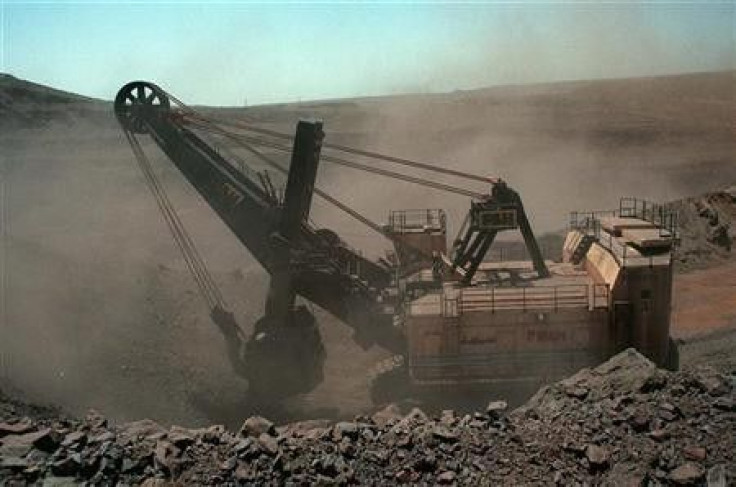Drought, mining doubts hit Mauritania economy: IMF

Mauritania's current economic growth rate is not high enough to significantly dent poverty and the country will next year face the twin challenge of drought and uncertainty over mining revenues, the International Monetary Fund said.
The IMF said the country's economy will grow at 4.8 percent this year and is targeting a 5.5 percent expansion for next year, slightly below figures given by the governor of the central bank last month.
The mission and the authorities believe that 2012 will be a year of challenges linked to the effects of an acute drought and to the uncertainties surrounding mining product prices, the IMF said, without giving any further details.
Straddling black and Arab Africa on the continent's west coast, Mauritania is a country of 3.2 million people.
It has been hit by two coups since 2005 and, while a producer of iron ore, copper and gold, its oil sector has disappointed since production started in 2006.
There are fears that economic woes in Europe and the United States, the main buyers of Mauritania's minerals, could hit the country's mining industry in 2012.
Following a mission to the country, the IMF said construction, public works and manufacturing were performing well and mining exports had boosted foreign reserves to $522 million, or 3.8 months of imports, by the end of September.
However, growth is not yet sufficiently anchored in job-creating activities capable of achieving significant reductions in the high rates of unemployment and poverty, it said in a statement issued late on Monday.
The IMF said the country had agreed to set a target for maintaining inflation at around 7 percent.
The country has generally been more stable since General Mohamed Ould Abdel Aziz seized power in a 2008 coup and then won an election the following year.
However, poverty is widespread, political frustrations still simmer and a string of kidnappings and attacks by gunmen linked to al Qaeda have shaken security.
© Copyright Thomson Reuters 2024. All rights reserved.











